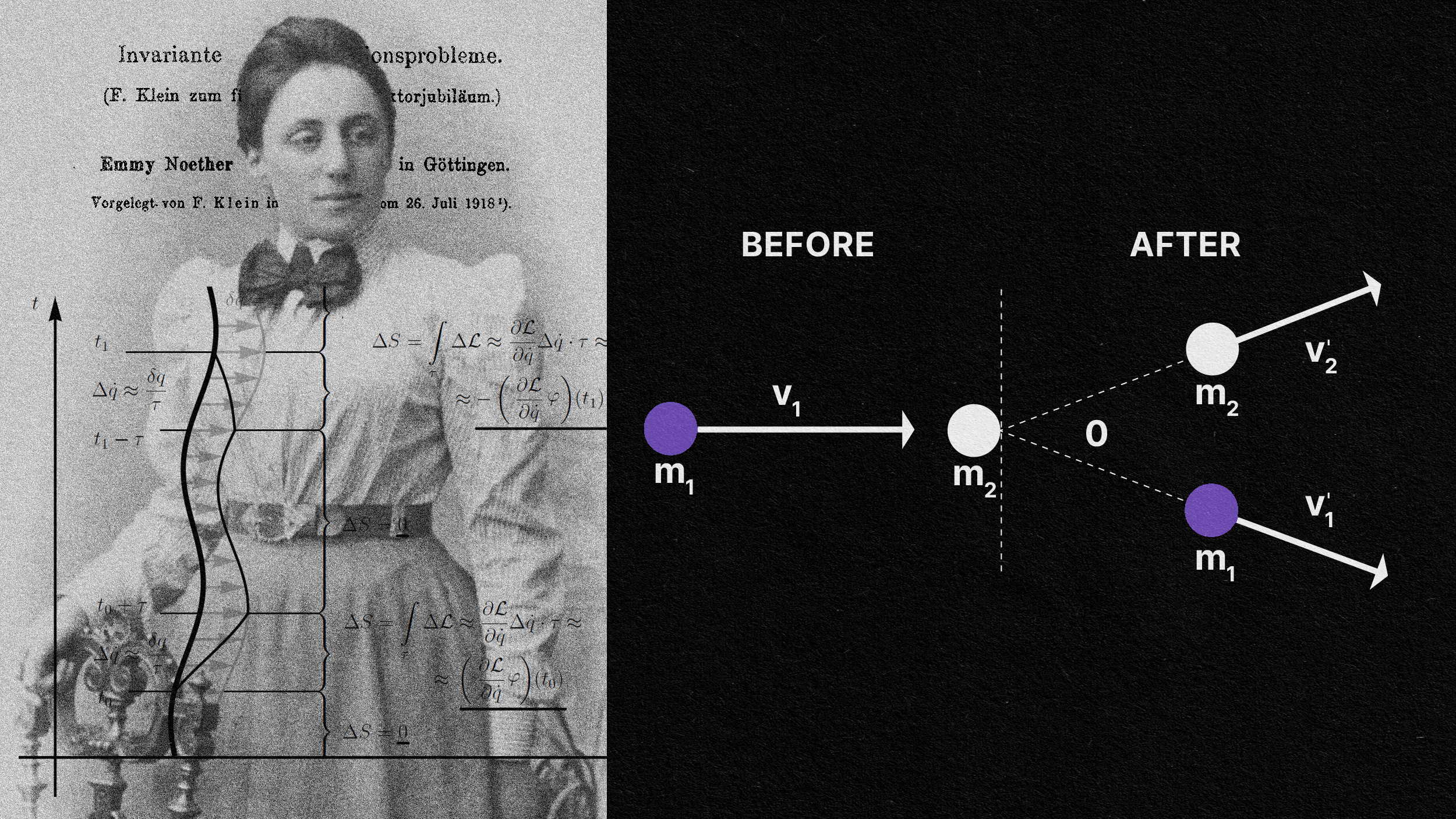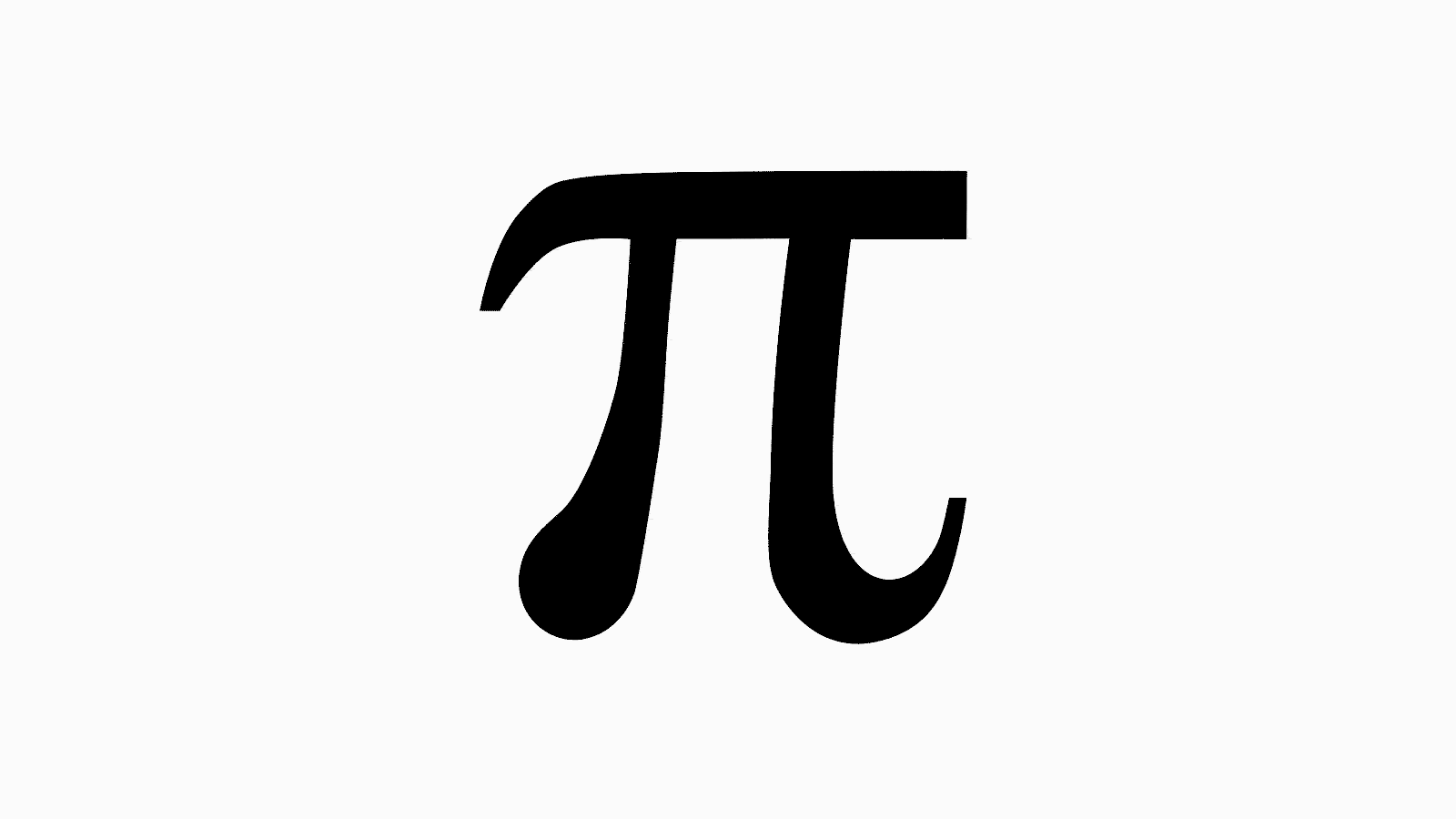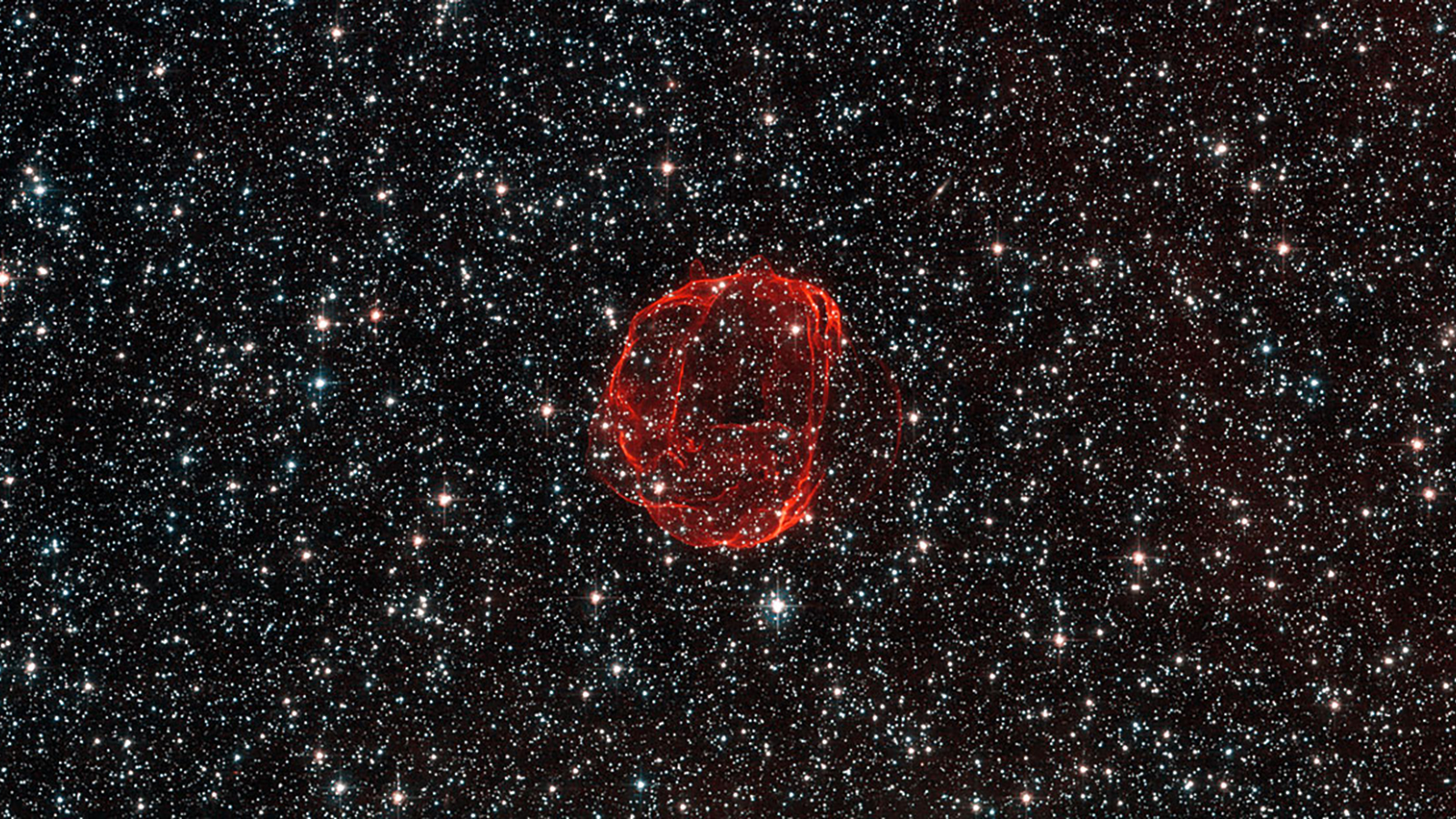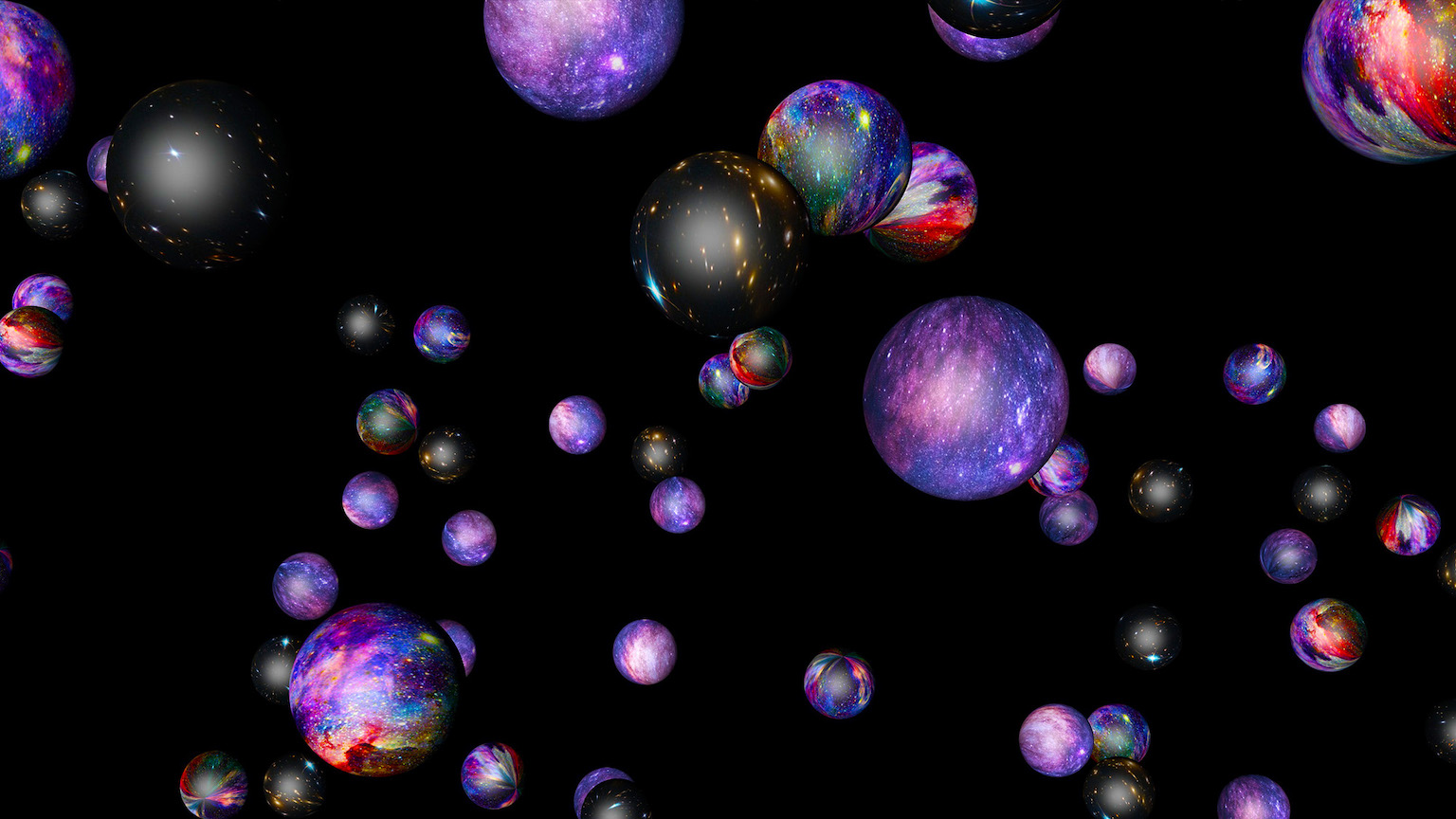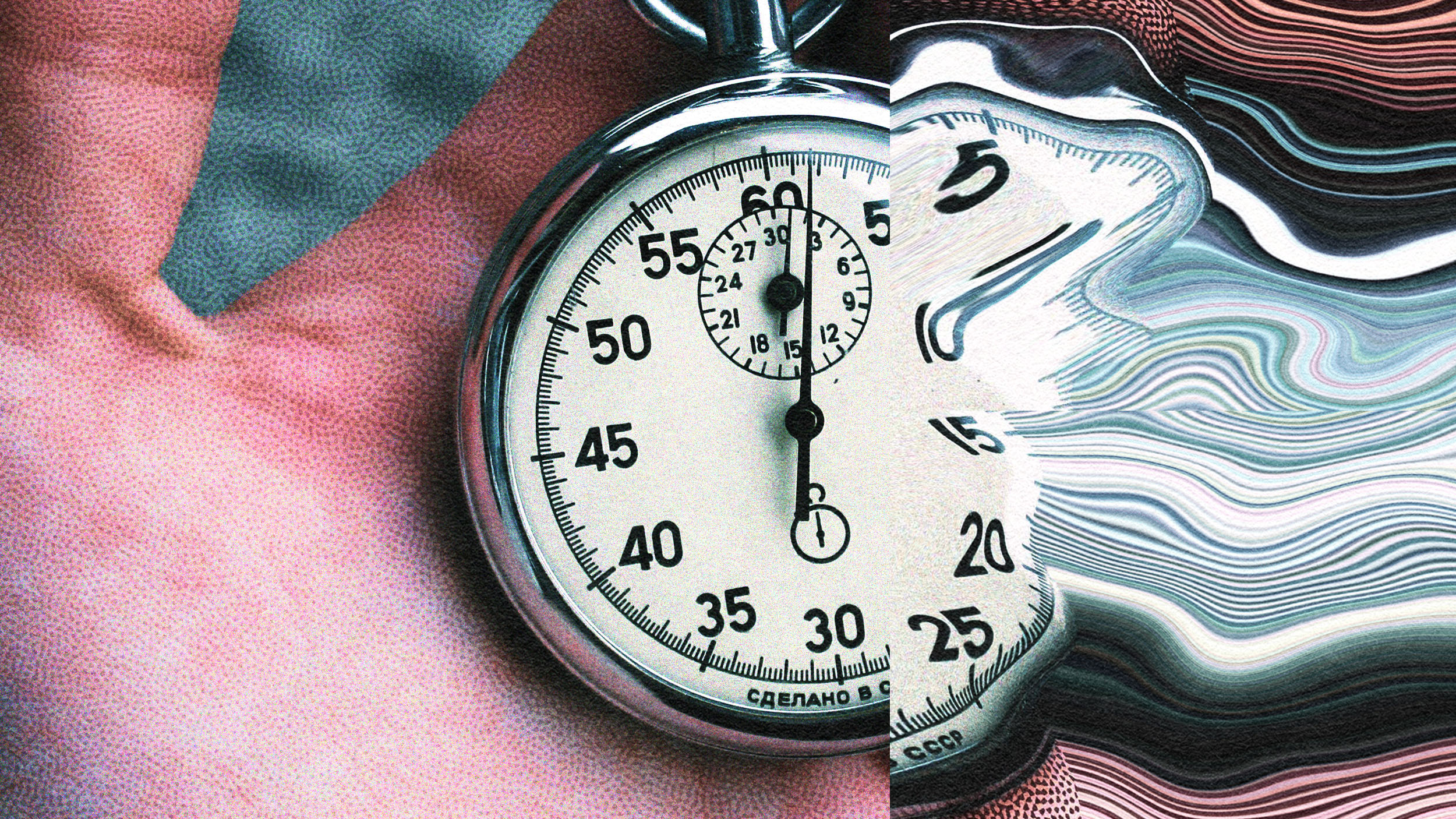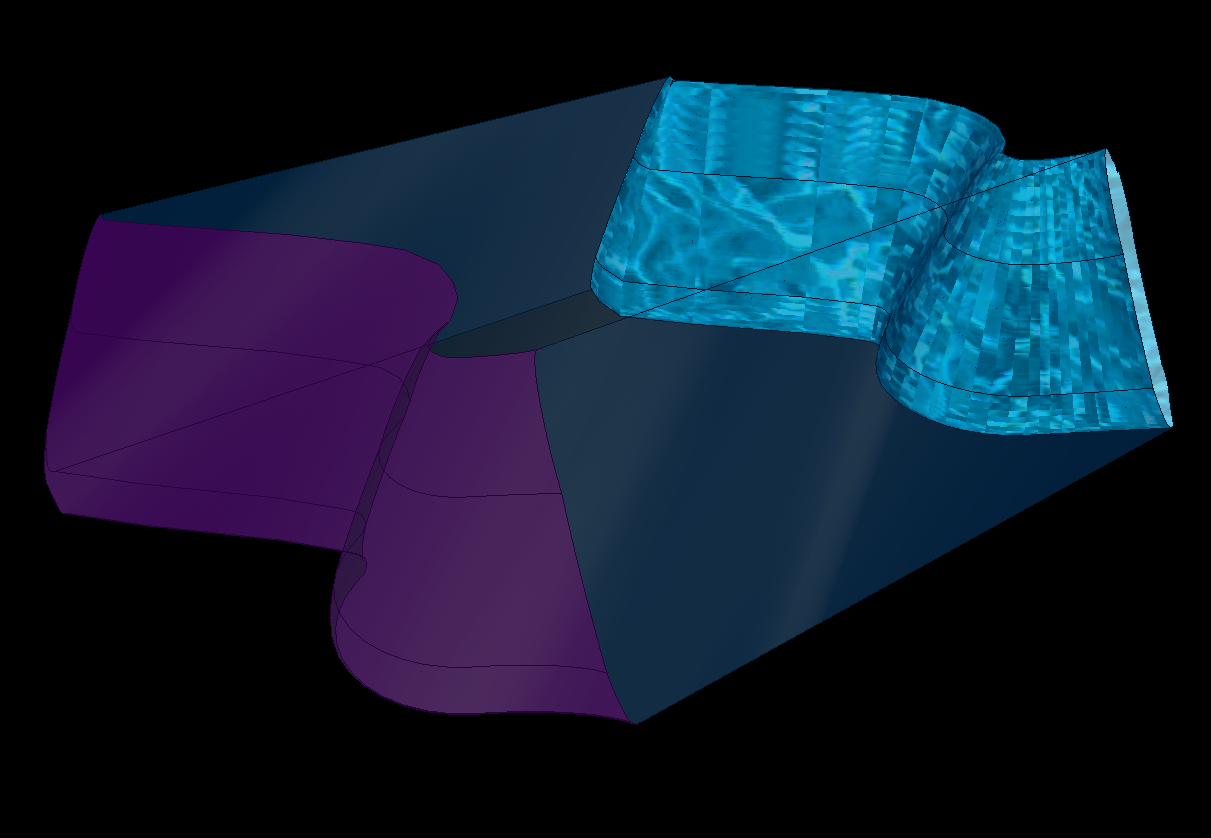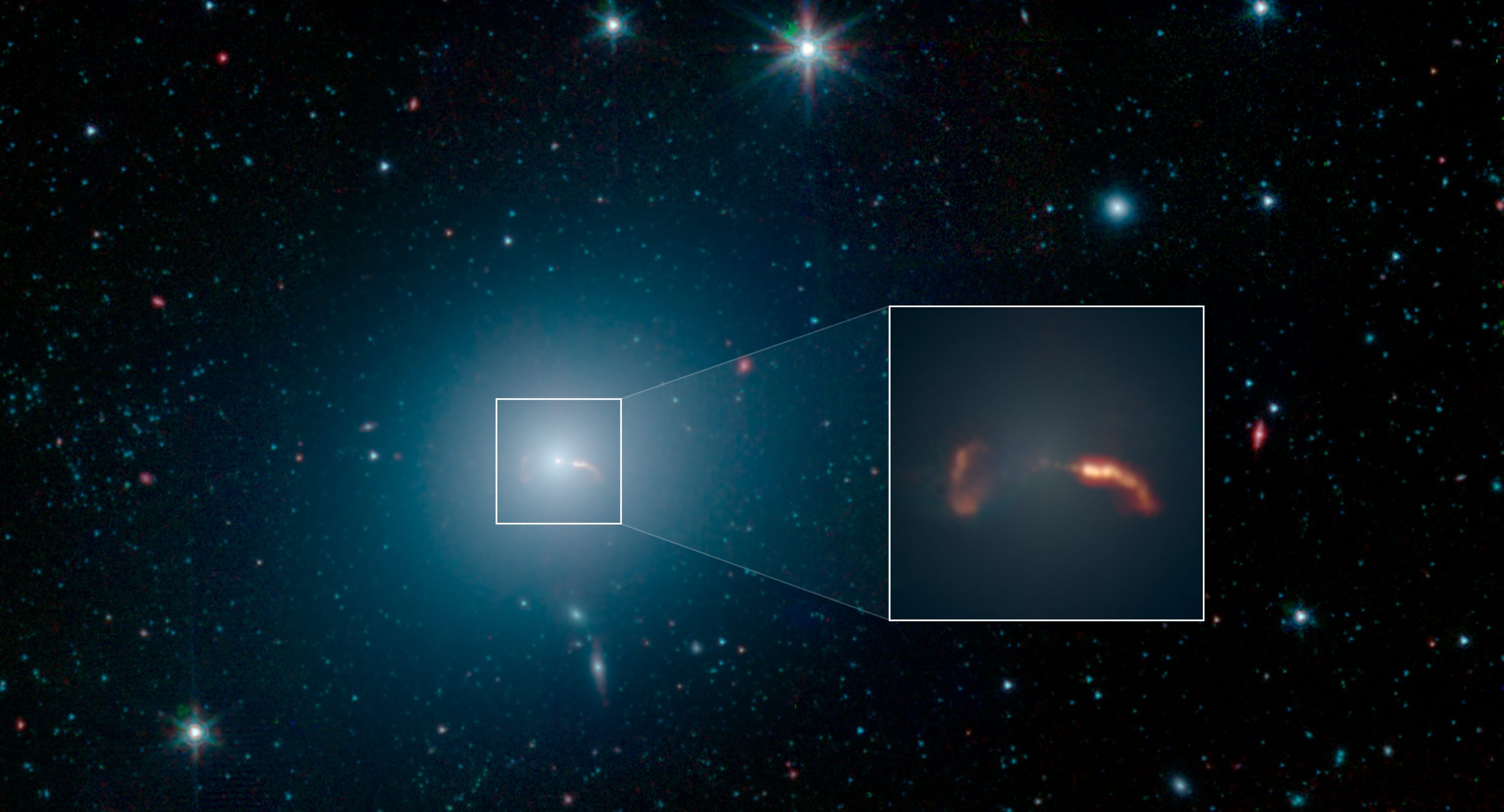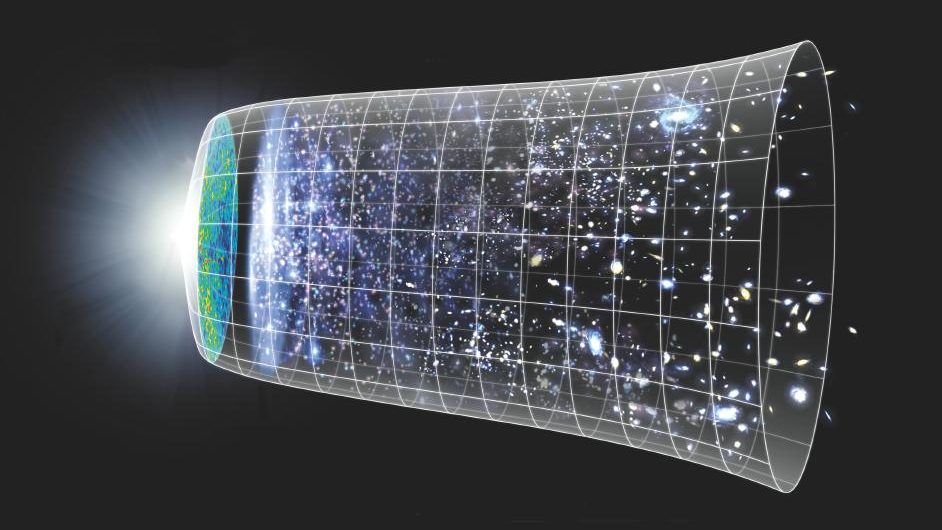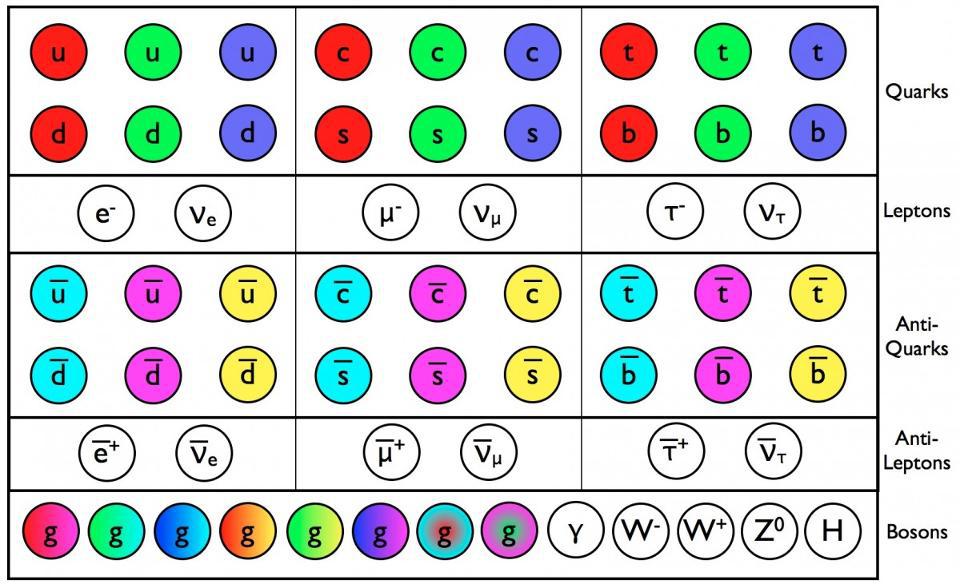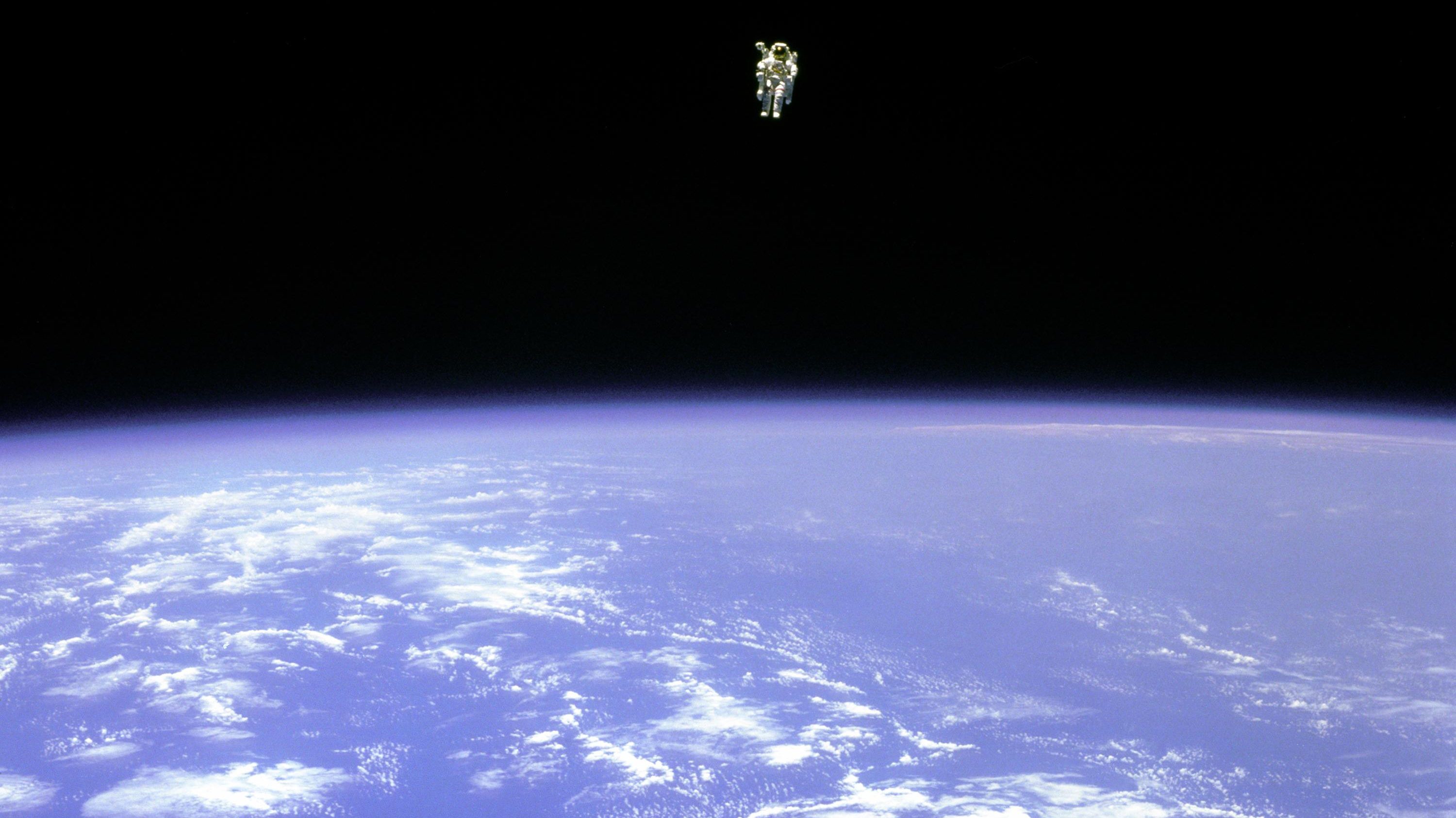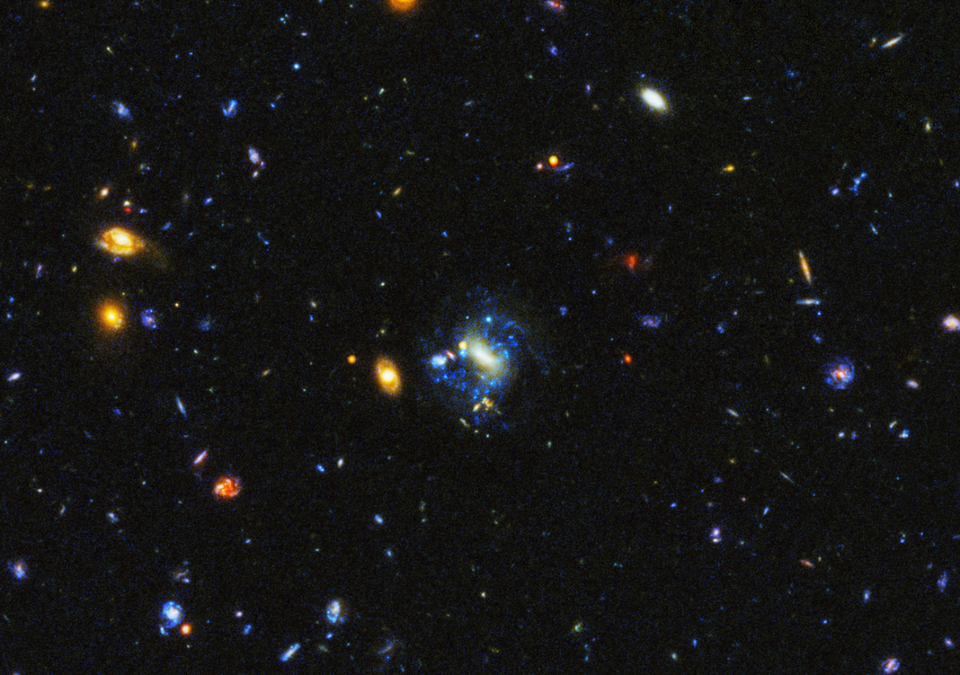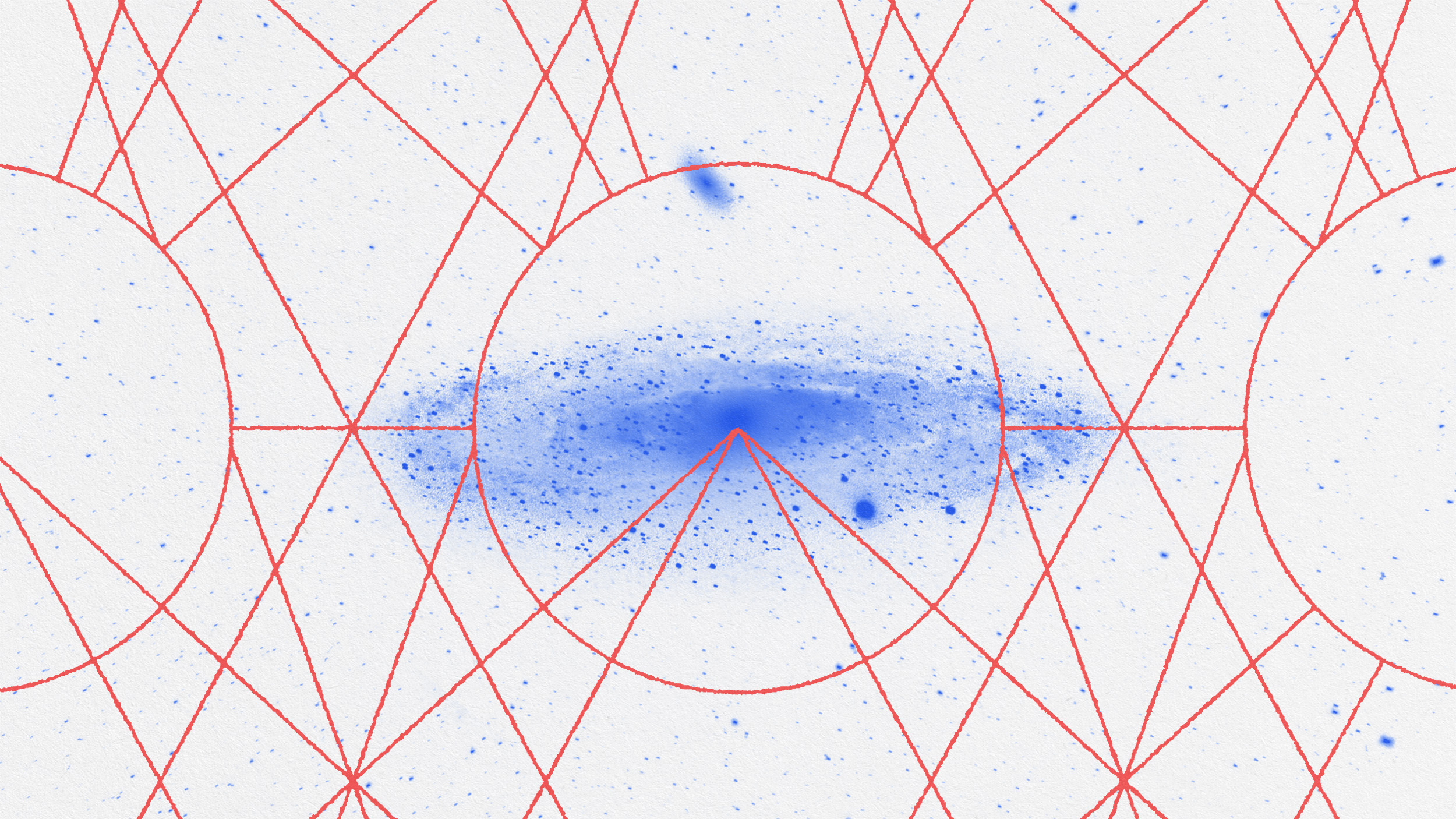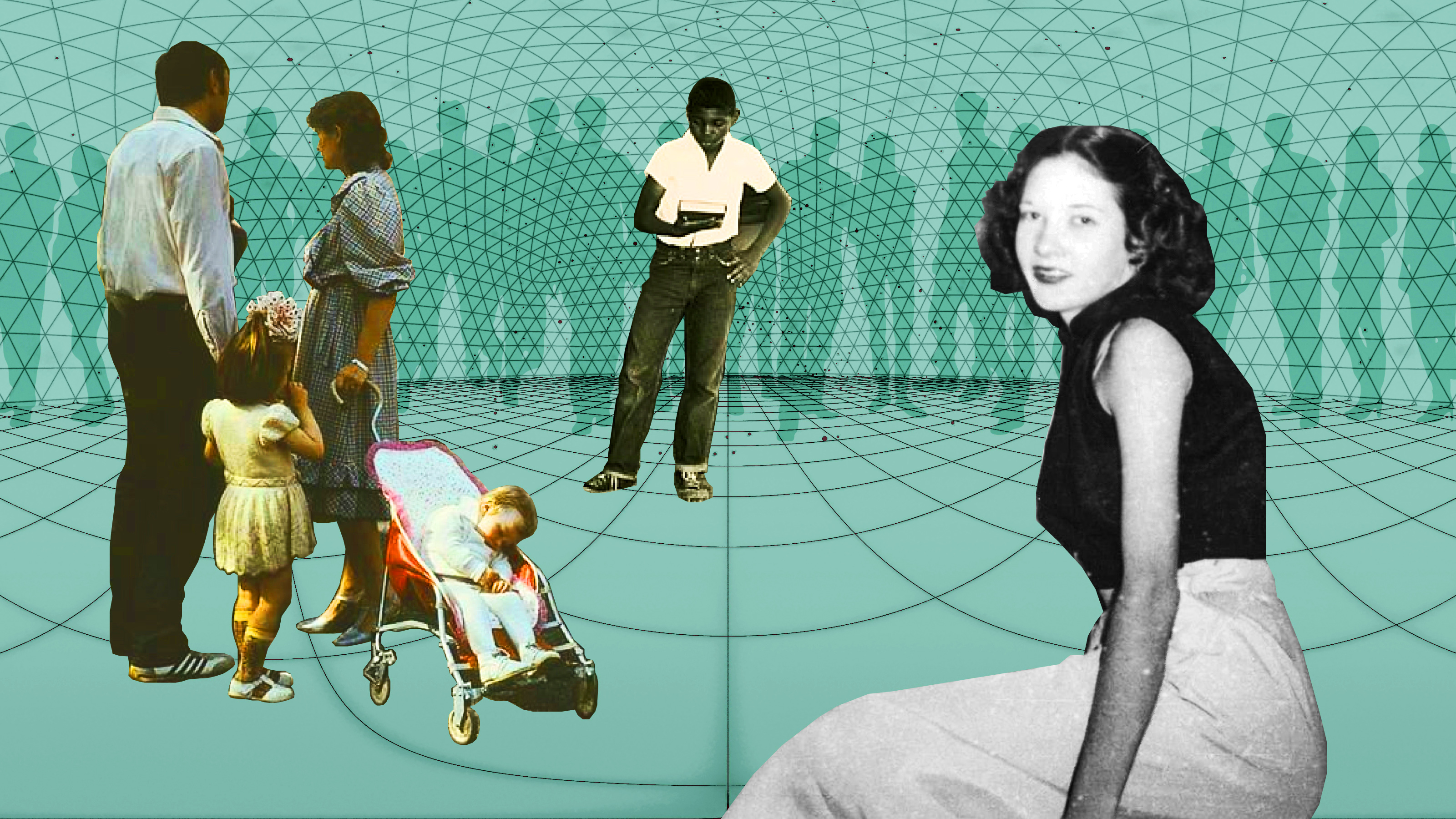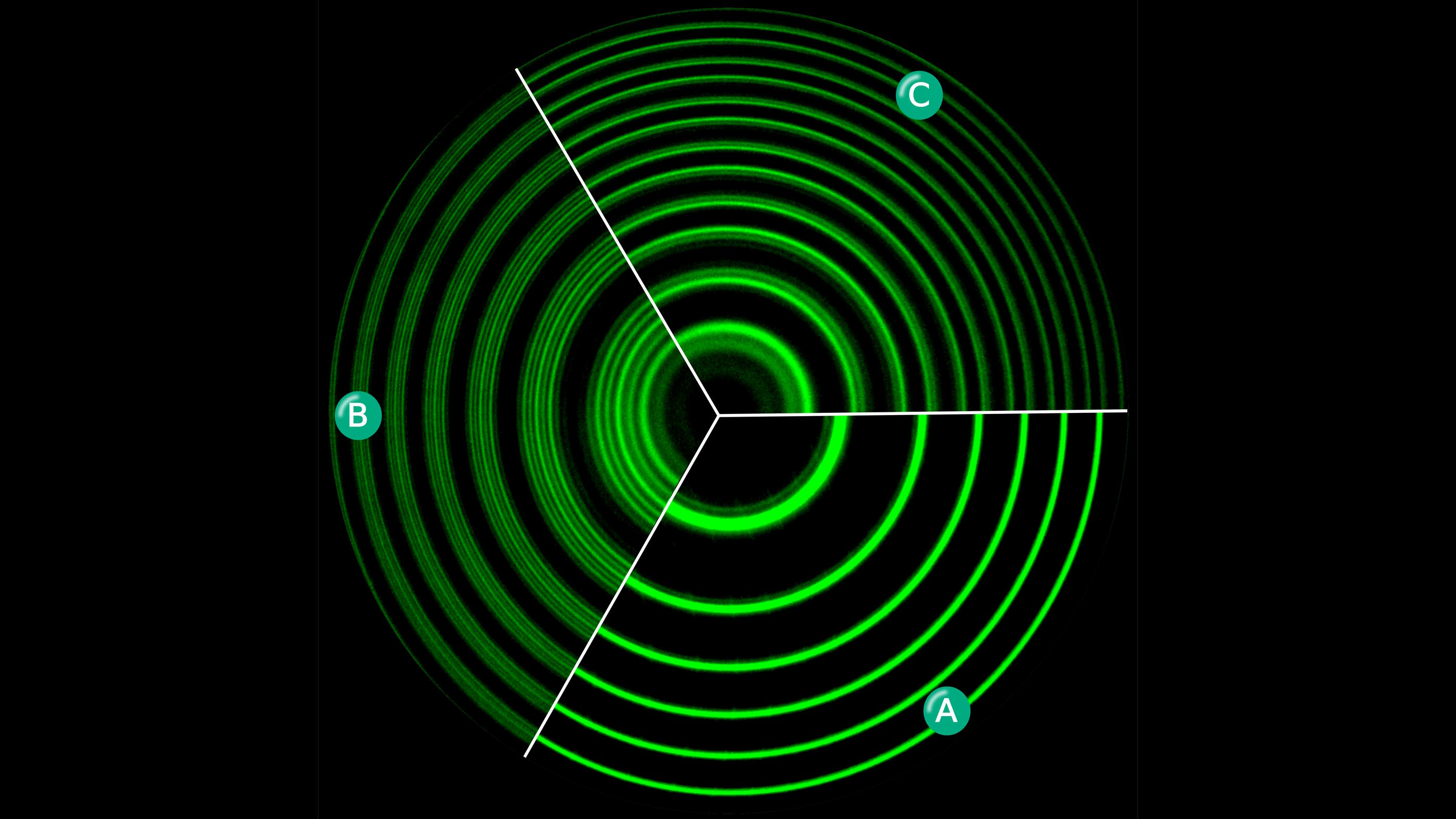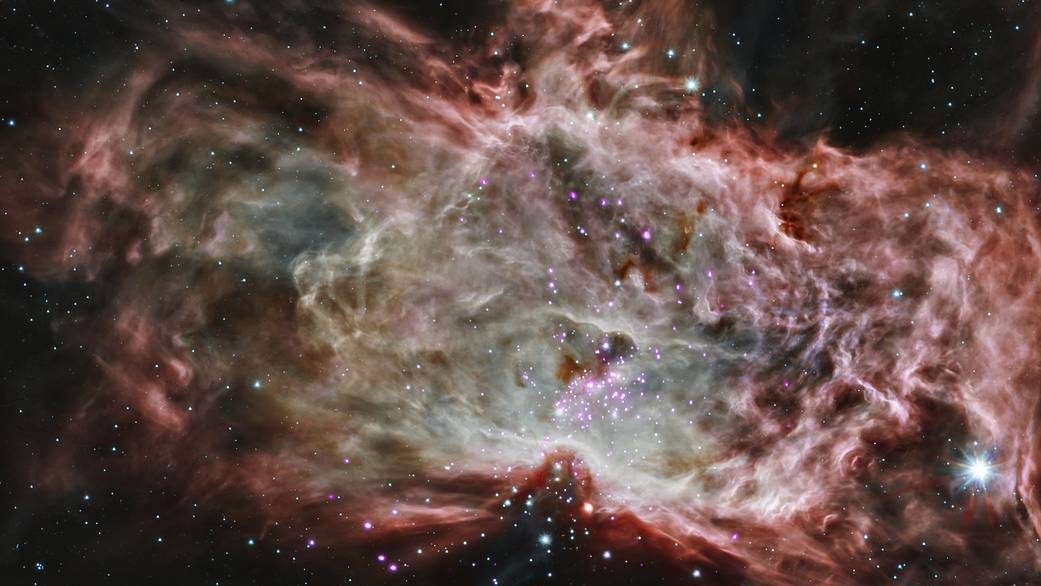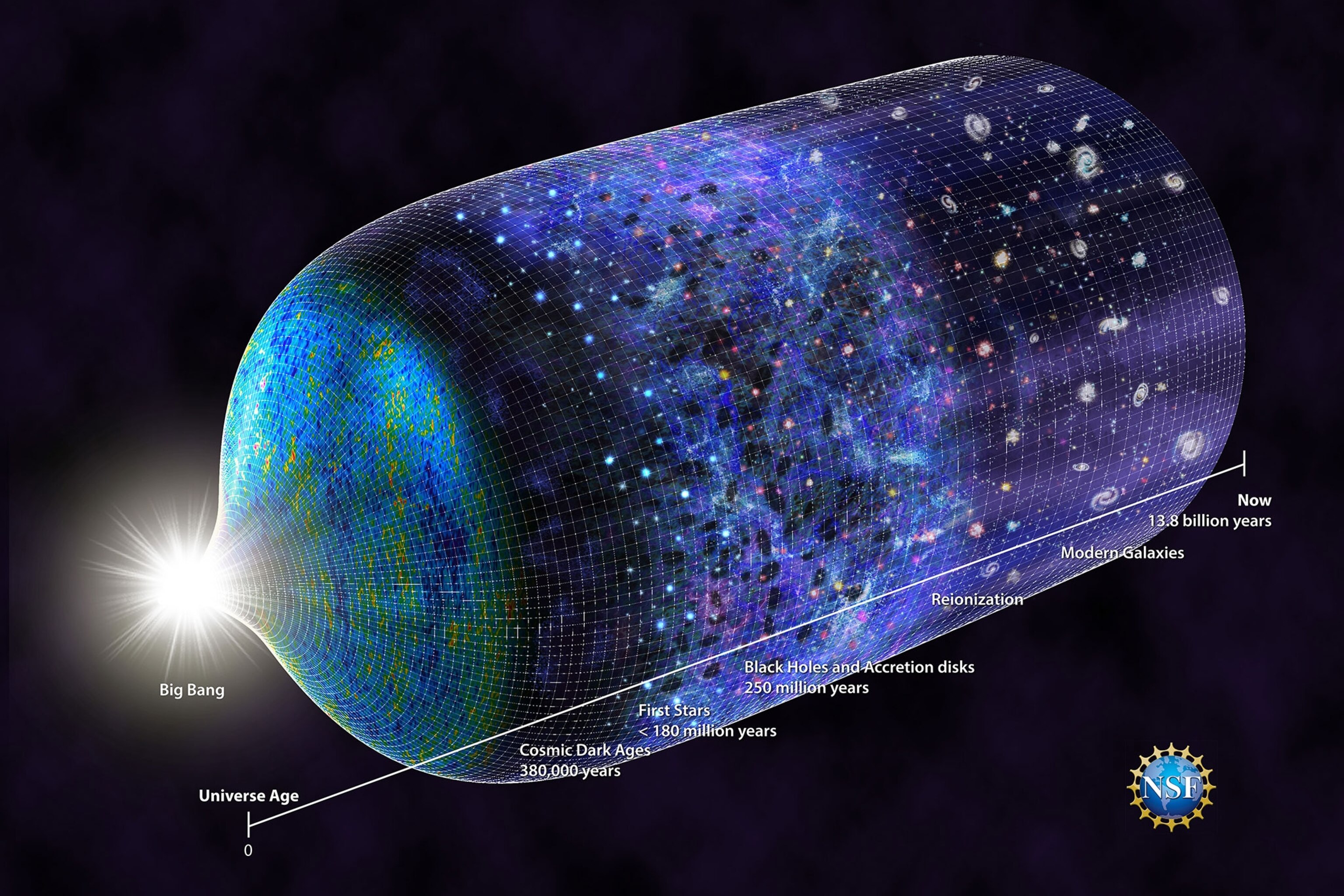Lasers are all around you. This ubiquitous technology came from our understanding of quantum physics.
Search Results
You searched for: quantum
First derived by Emmy Noether, for every symmetry a theory possesses, there’s an associated conserved quantity. Here’s the profound link.
Is mathematics woven into the very fabric of reality? Or is it merely a product of the human mind?
In our Universe, all stable atomic nuclei have protons in them; there’s no stable “neutronium” at all. But what’s the reason why?
As the Manhattan Project headed for completion, German attempts to build a nuclear weapon had already been dismantled.
A massive nuclear fusion experiment just hit a major milestone, potentially putting us a little closer to a future of limitless clean energy.
Once the initial blaze of heat dissipated, the constituent particles of atoms were free to bind.
2022 was another busy year in the realm of science, with groundbreaking stories spanning space, materials, medicine, and technology.
In all the Universe, only a few particles are eternally stable. The photon, the quantum of light, has an infinite lifetime. Or does it?
Are you unhappy with how various events in your life turned out? Perhaps, in a parallel Universe, things worked out very differently.
The passage of time is something we all experience, as it takes us from one moment to the next. But could it all just be an illusion?
Unless you confront your theory with what’s actually out there in the Universe, you’re playing in the sandbox, not engaging in science.
Every proton contains three quarks: two up and one down. But charm quarks, heavier than the proton itself, have been found inside. How?
Nothing can escape from a black hole. So where do Hawking radiation, relativistic jets, and X-ray emissions around black holes come from?
Time is relative, not absolute, as gravity and motion both cause time to dilate. Your head and feet, therefore, don’t age at the same rate.
Quantum mechanics has taught us that even empty space contains energy. “Negative energy” is the state of having less energy than empty space.
If you said “with the Big Bang,” congratulations: that was our best answer as of ~1979. Here’s what we’ve learned in all the time since.
Predicted way back in the 1960s, the discovery of the Higgs boson in 2012 completed the Standard Model. Here’s why it remains fascinating.
When the average person has a “theory,” they’re just guessing. But for a scientist, a theory is the pinnacle of what we can achieve.
From the explosions themselves to their unique and vibrant colors, the fireworks displays we adore require quantum physics.
Headlines have blared that quasar ticking confirms that time passed more slowly in the early Universe. That’s not how any of this works.
At a fundamental level, only a few particles and forces govern all of reality. How do their combinations create human consciousness?
Inflation, dark matter, and string theory are all proposed extensions to the prior consensus picture. But what does the evidence say?
The conservation of energy is one of the most fundamental laws governing our reality. But in the expanding Universe, that’s just not true.
Neuroscientist and author Bobby Azarian explores the idea that the Universe is a self-organizing system that evolves and learns.
The simulation hypothesis is fun to talk about, but believing it requires an act of faith.
If light can’t be bent by electric or magnetic fields (and it can’t), then how do the Zeeman and Stark effects split atomic energy levels?
The game of Plinko perfectly illustrates chaos theory. Even with indistinguishable initial conditions, the outcome is always uncertain.
The Universe changes remarkably over time, with some entities surviving and others simply decaying away. Is this cosmic evolution at work?
From the earliest stages of the hot Big Bang (and even before) to our dark energy-dominated present, how and when did the Universe grow up?

